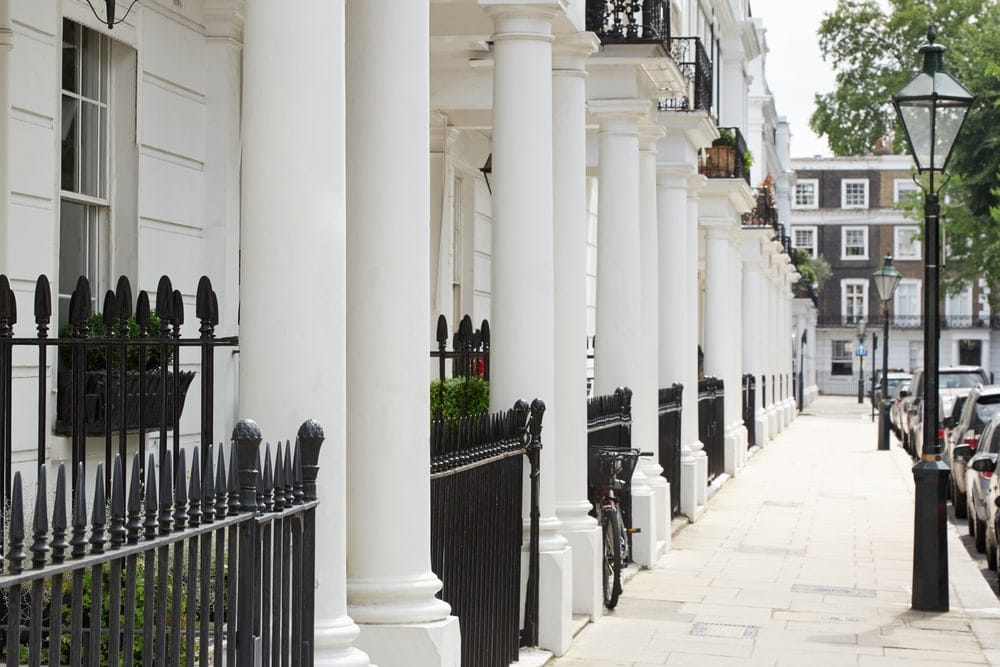The falling number of high-value residential transactions has put more pressure on the government’s finances, Knight Frank estimates show
By Tom Bill, head of UK residential reseaach at Knight Frank
It’s exactly nine years since 52% of the country voted to leave the EU. The decision was driven by a range of factors including the inflow of people into the country from overseas. Today, the government is concerned that wealthy foreign investors are going in the opposite direction.
It follows a decision to scrap the non dom tax regime. Under the old rules, individuals could live in the UK without paying tax on overseas wealth. New regulations come with a four-year time limit and mean countries like Italy, which has an annual flat tax that ringfences overseas assets, have become more attractive.
There were reports in April that the government was losing capital gains tax revenue as a result of the changes. There is also evidence that a large number of UK company directors are moving abroad.
Both might explain a story last week that the government could be planning a U-turn and exempt overseas assets from UK inheritance tax (IHT), which has been a key stumbling block under the new system.
The effect of the rule change on the prime property market has been predictable. The number of £5 million-plus sales in London in the year to May was 14% lower than the previous 12-month period, data from Knight Frank and LonRes shows.
Another statistic that will make particularly uncomfortable reading for the government is the lost stamp duty revenue since the non dom overhaul was announced by Conservative Chancellor Jeremy Hunt in March 2024.
Based on how far the number of £5 million-plus exchanges fell below what would ordinarily been expected between March 2024 and May this year, we calculated that £401 million was lost in stamp duty revenue. The yardstick used was how the market had performed over the previous two years.
The study, carried out by James Culley in Knight Frank’s analytics team, assumed all transactions were subject to the additional rate of stamp duty, and half incurred the 2% non-resident surcharge.
For context, a total of £11.6 billion in stamp duty was collected in the 2023/24 financial year.
The news of a possible U-turn must be a bittersweet moment for those who told the government this would happen.
“The fact the UK is losing hundreds of millions of pounds in stamp duty confirms our warnings,” said Leslie MacLeod-Miller, chief executive of Foreign Investors for Britain. “Oxford Economics found 83% of investors view inheritance tax as a dealbreaker, with 62% planning to exit within two years unless the UK introduces a regime like Italy’s global visa and flat tax.”
The lost revenue takes on extra significance given that the government’s financial headroom is so tight. A figure of £401 million represents 4% of £9.9 billion, which is the latest OBR estimate of how much breathing room the Chancellor has.
The outlook will not have been helped by last week’s news that government borrowing in May was at the second-highest level since records began in 1993. Indeed, the OBR is likely to downgrade its economic outlook next month.
The lost revenue calculation is also before you count the huge knock-on spend from people moving house. In 2020, Knight Frank estimated a net contribution to GDP of £10,000 for every home move.
As the pressure on the government finances intensifies, the relative size of such black holes will only grow.
